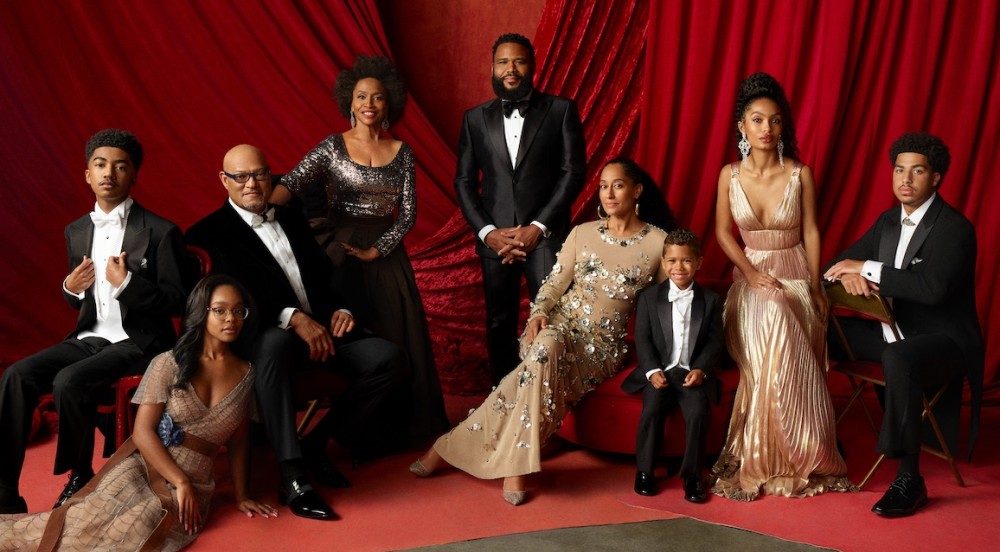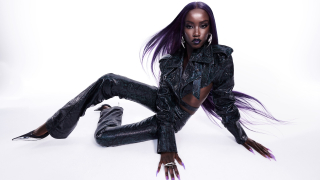In This Issue
As hard as it is to believe, black-ish is over. Yes, we knew it was coming. We had EBONY's gorgeous Tracee Ellis Ross and Marsai Martin cover celebrating its end, and we chatted with black-ish creator Kenya Barris about the show’s legacy. Heck, Marsai Martin gave us a heads up back in August when she spoke on Paw Patrol. Now there is no more denial. Going forward, this book on the Johnsons is completely closed.
True to black-ish fashion, however, the finale was not an expected montage of that first episode meshed with other visual trips down the black-ish memory lane over the past seven seasons. Instead, it ended doing pretty much what it has always done: make a point. Black-ish didn't go safe with it's final episode, "Homegoing." Instead, it kept focused on delivering its perspective on where Black people are in this country from the lens of two married Black professionals raising Black kids.
If anything, it probably went even more poignant. At the beginning of the episode, white tourists taking a stereotypical Hollywood homes tour are told “If you look to your left, you’ll see the mythical and majestic Black family out of their natural habitat and yet still thriving.” As crass as it sounds, black-ish was indeed that for many in this generation, just like The Cosby Show had been when it ran in the mid-1980s to early 1990s. Barris has been quoted often about The Cosby Show being about a family that happens to be Black. With black-ish, he told EBONY that “hopefully, what we ended up doing is a show about a family that was absolutely positively about being Black.”
In that spirit, Dre and Bow decide that they are done with the microaggressions from their white neighbors, especially those about “do they really belong?” Considering that they had lived in their neighborhood for 17 years, still getting that one was a bit absurd. Plus factoring in that they still had to raise Devante, their youngest, the struggles of what they once considered “moving on up” just didn’t seem worth it. And, like so many points on black-ish, such conversation isn’t in a vacuum.
Collectively Black people are having a reckoning with America, but it’s not the same reckoning for acceptance that history books and pop culture have long presented. The assimilationist ideal some could argue promoted by The Cosby Show—even as Black art and other affirmations of us decorated their home—is outdated. And a lot more of us are finally getting the memo. If seeing the Obamas exude nothing but pure excellence—Black excellence—and still be disrespected wasn’t a wakeup call, seeing the mediocre Trumps replace them should have been.
The “Homegoing” episode, which Barris himself penned, is about defining us for us. Dre finally quitting the ad agency and knowing that he will be more than alright is a signal to us all. In a world where George Floyd, Breonna Taylor, and Ahmaud Arbery are no longer breathing only because of the color of their skin, black-ish, in this final episode, seems to be reaching to reclaim “Black joy” or at least redefine it.
If gentrification has shown us anything, it’s that our hoods are not the problem. Instead, America’s white hoods are. And, so, while we will no longer be able to see The Johnsons take on new challenges, the journey Dre, Rainbow, Zoey, Marcus, Diane, Jack, Ruby, and Pops have taken us on over these eight seasons has been especially rich. So even when it’s your final call, don’t forget where you came from and that your Blackness is never a burden, even when it’s been labeled black-ish.
Ronda Racha Penrice is the author of Black American History For Dummies and editor of Cracking The Wire During Black Lives Matter.



















